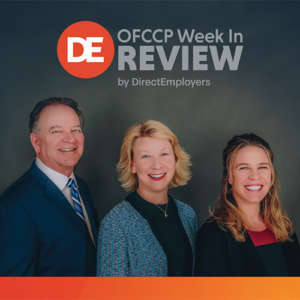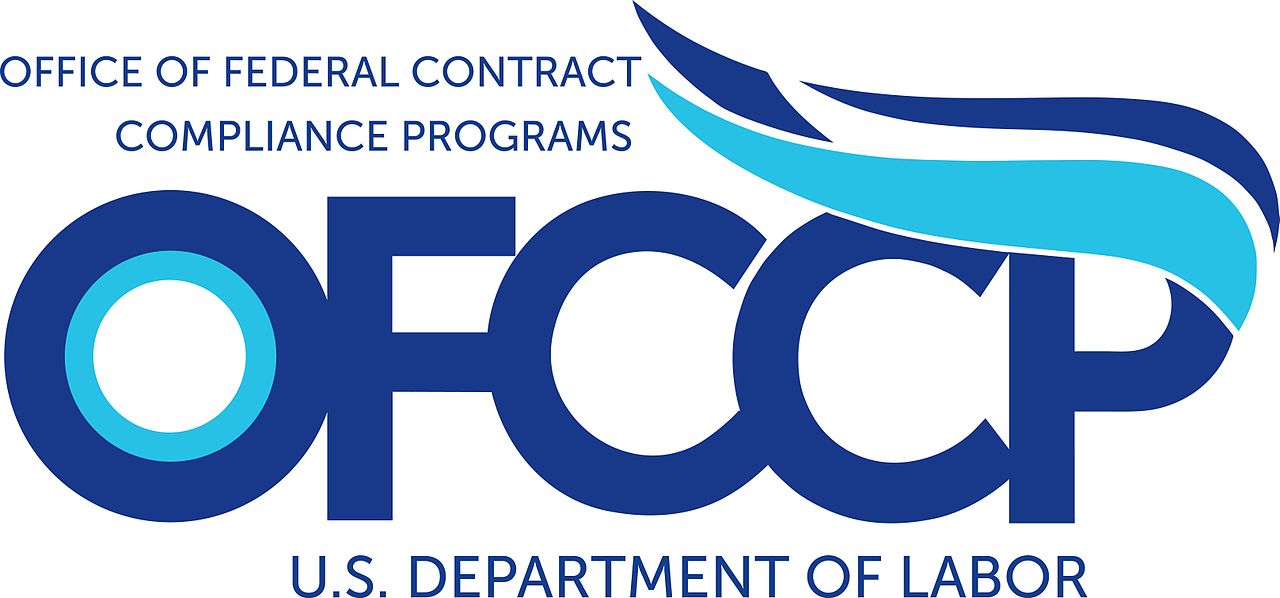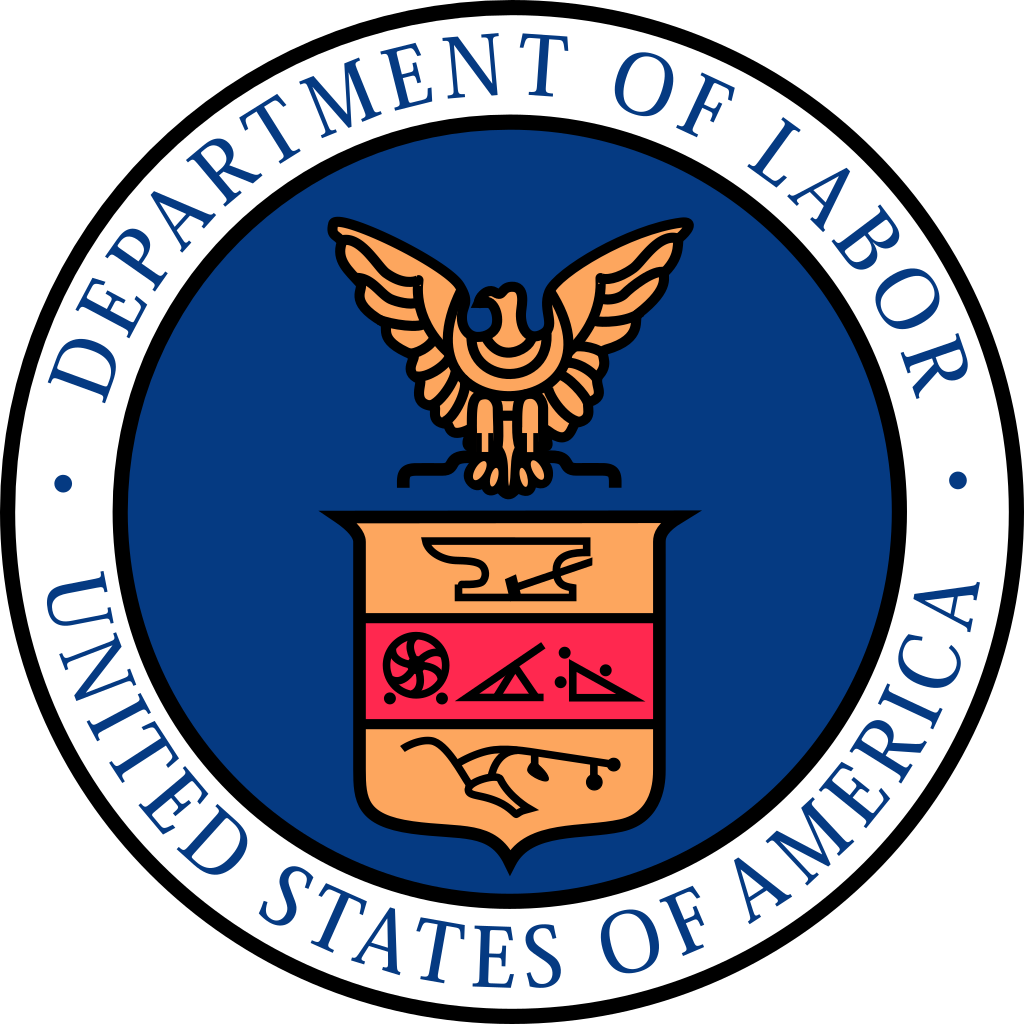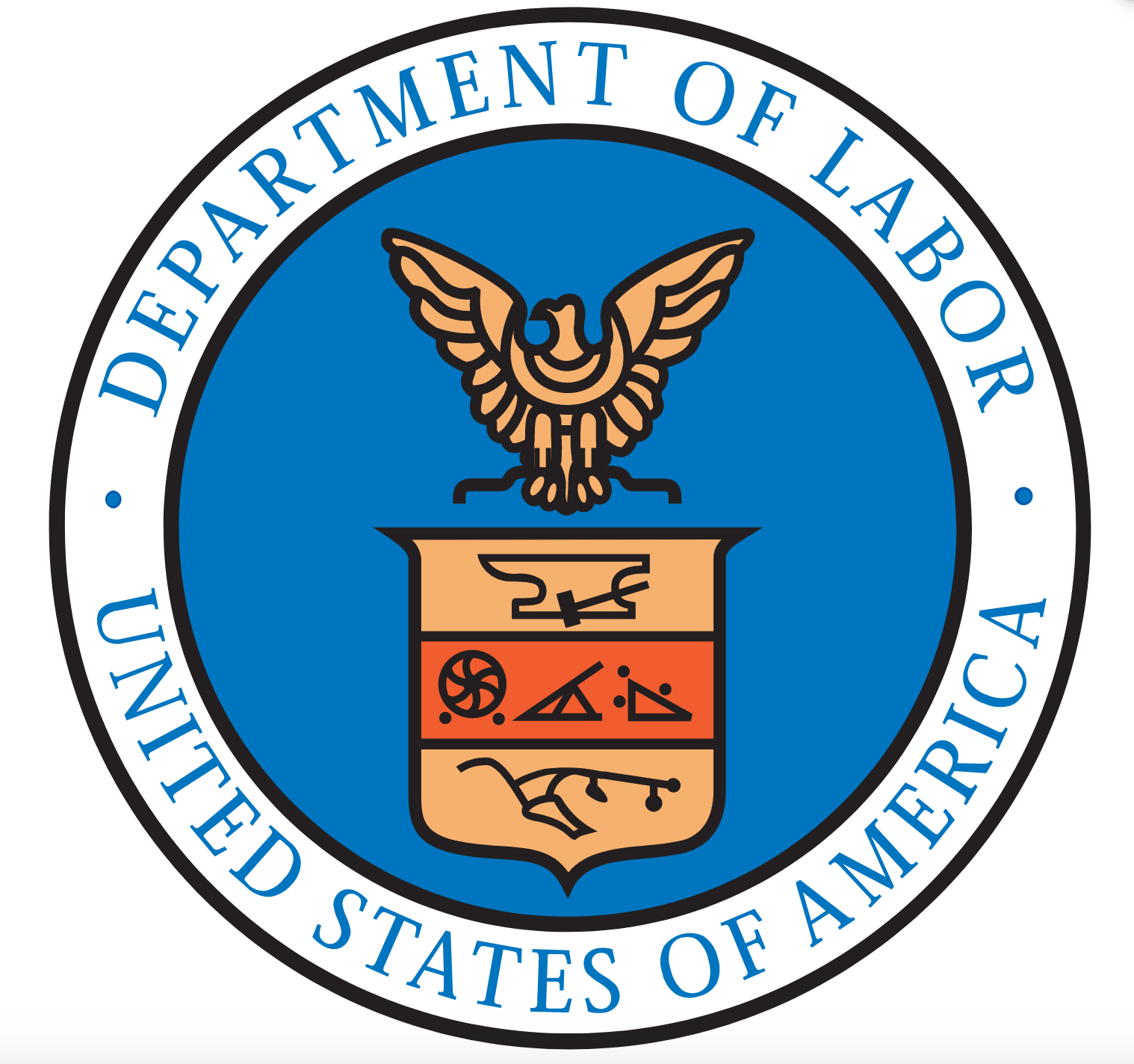 The DE OFCCP Week in Review (WIR) is a simple, fast and direct summary of relevant happenings in the OFCCP regulatory environment, authored by experts John C. Fox, Candee Chambers and Jennifer Polcer. In today’s edition, they discuss:
The DE OFCCP Week in Review (WIR) is a simple, fast and direct summary of relevant happenings in the OFCCP regulatory environment, authored by experts John C. Fox, Candee Chambers and Jennifer Polcer. In today’s edition, they discuss:
Tuesday, February 18, 2020: OFCCP and NILG Talk Compensation

DirectEmployers Executive Director, Candee Chambers, was in attendance. Get her insider scoop in our bonus feature!
Tuesday, February 18, 2020: DOL Awarded Millions in Apprenticeship Grants

The grant program supports apprenticeships that include a paid, work-based learning component and a required educational or instructional component that results in the issuance of an industry-recognized credential; and which meet appropriate quality assurance standards.
These grants are a result of President Trump’s Executive Order on Expanding Apprenticeships in America. A full list of recipients is available in the news release.
Thursday, February 20, 2020: EEOC to Launch Guidance Portal

The portal, www.eeoc.gov/guidance, will go live on Friday, February 28, 2020.
Backstory
Executive Order 13891 (“Promoting The Rule of Law through Improved Agency Guidance Documents”), requires federal agencies, among other things, to “establish or maintain on its website a single, searchable, indexed database that contains or links to all guidance documents in effect from such agency or component.”
OMB Memorandum M-20-02 requires the agency to announce and explain that all guidance information is available on the portal.
Friday, February 21, 2020: OFCCP Launched On-Demand Learning

There is thus far only one course available once one registers to access CCI training materials, titled “The Path to Compliance: Understanding the Expectations to Governance.”
Friday, February 21, 2020: USDOL Secretary Scalia Issues Order Allowing Him to Review and Revise Decisions of the USDOL Administrative Review Board

Secretary of Labor Robert Reich (Clinton Administration) created the ARB to be his delegate to decide the hundreds of cases which annually arrive at the Secretary of Labor’s desk for review upon appeal from Administrative Law Judge (“ALJ”) decisions from across the USDOL (which enforces over 180 separate statutes). Secretary Reich found the caseload too oppressive and was also shocked to discover upon entering office that he was being asked to decide hundreds of appeals which were over a decade old because his predecessors had little time and almost no staff to work the cases up for decision.
As to OFCCP Complaints, the agency files an Administrative Complaint with the Office of Administrative Law Judges (“OALJ”), a sub-component department within USDOL. A Chief Judge of the OALJ then assigns OFCCP’s case to an ALJ within the OALJ. ALJs preside at various administrative courts scattered throughout the country. ALJs preside over bench trials (called “Hearings”) and issue ONLY “Recommended Decisions” and a “Recommended Order.”
If neither party appeals within two weeks, the Recommended Decision and Order (“RDO”) becomes final. If one or more of the parties appeals, it/they do so by filing with the ARB what are called “Exceptions” to the RDO. The RDO is then automatically stayed and does not take effect pending appeal. The ARB then issues a “Final Decision and Final Order,” albeit after many years. (Even with five ARB Judges sitting in panels of three decision-making Judges and supported by professional legal staffs, the ARB now takes 2-3 years to decide appeals.)
Appeal from the ARB’s decision lies to the federal District Courts for those employers dissatisfied with the ARB’s decision. (OFCCP may NOT appeal a Final decision of the ARB, since it is not at liberty to attempt to overturn the decision of the ARB, which is acting upon a delegation of authority from the Secretary of Labor which is, of course, OFCCP’s boss. (i.e., employees cannot seek to reverse their boss!)
What Secretary Scalia has now done is to add another layer of potential appeal from an ARB decision, presumably from either the agency or from the Government contractor. While the text of Secretary Scalia’s Order 01-2020 is not currently available, it is clear that the Department will have to issue regulations clarifying exactly how the Secretary’s super-review power will operate following an ARB Final Decision and Final Order. For example, will OFCCP be able to appeal to the Secretary from an adverse ARB decision? (NOTE: While the press is currently viewing Secretary Scalia’s Order 01-2020 with suspicion as a way to subvert ARB decisions unfavorable to corporate interests, what if that Secretary of Labor in future years is a Socialist?)
Also, what happens, pending an employer appeal to the Secretary, to the Debarment Order the ARB will issue in its Final Decision and Order if the ARB rules against the Government Contractor? Currently and historically, every ARB Final Decision and Order adverse to the Government contractor includes a Debarment Order, but the Order delays its implementation, typically for 90 to 120 days, so the Contractor may appeal to the Federal District Court (if the Contractor is aggrieved by the Final ARB decision). The contractor “appeals” by filing a Complaint and a Motion for a Temporary Restraining Order (i.e., injunction) to stop the Debarment Order from going into effect pending appeal. (The injunction stopping the Debarment pending appeal is always granted).
If the Contractor agrees with the ARB’s Final Decision and Order, it may either choose to comply with the ARB’s remedial Order whatever it may order (by paying the backpay or granting access to OFCCP to investigate or by providing the AAP the Contractor may not have thought it was required to prepare, etc.). Thus, compliance extinguishes the Debarment Order. (Only those Contactors which do NOT comply with the remedial Order may be debarred. Debarment is thus NOT punitive; rather, OFCCP debarments are ONLY an incentive to the Contractor to comply with adverse remedial Final Orders the ARB issues against the Contractor. NOTE: Debarments outside of OFCCP’s three statutory authorities within other sub-component agencies within USDOL enforcing other statutes are different and occasionally do permit financial penalties and punitive debarments…but not in OFCCP-land).
Another question future Department Rules will have to address is when and how an aggrieved Government contractor may appeal to the Secretary to hear its case following an adverse Final ARB decision.
Realistically, going forward, contractors will appeal adverse Final ARB decisions to the Secretary of Labor if s/he is a Republican. Realistically, OFCCP will appeal (if Secretary Order 01-2020 is interpreted to permit sub-component agencies within the USDOL to appeal adverse Final ARB Decisions) to the Secretary if s/he is a Democrat.
THIS COLUMN IS MEANT TO ASSIST IN A GENERAL UNDERSTANDING OF THE CURRENT LAW AND PRACTICE RELATING TO OFCCP. IT IS NOT TO BE REGARDED AS LEGAL ADVICE. COMPANIES OR INDIVIDUALS WITH PARTICULAR QUESTIONS SHOULD SEEK ADVICE OF COUNSEL.
SUBSCRIBE.
Compliance Alerts
Compliance Tips
Week In Review (WIR)
Subscribe to receive alerts, news and updates on all things related to OFCCP compliance as it applies to federal contractors.
OFCCP Compliance Text Alerts
Get OFCCP compliance alerts on your cell phone. Text the word compliance to 55678 and confirm your subscription. Provider message and data rates may apply.


